The increase in electricity tariff by the Nigerian Electricity Regulatory Commission (NERC) for consumers on Band A has been generating reactions from people across the country.
Prime Business Africa reports that the NERC announced that the electricity tariff has been increased from N66 kilowatts per hour (Kwh) to N225kwh which is almost a 250 percent increase.
Join our WhatsApp ChannelThe tariff increase which is one of the highest single hikes in the history of Nigeria’s electricity rate adjustment, the NERC through the 2024 supplementary Order, said it was due to rising gas prices, inflation rate, and foreign exchange rates.
The Federal government said the move would help it save about N1.14 trillion that could be spent on electricity subsidies.
Reacting to the development, the Secretary of the Network for Electricity Consumers Advocacy of Nigeria, Uket Obonga, said that in the quest to tackle the liquidity crisis in the country’s electricity sector and boost investment in the value chains, tariff hike is not the antidote.
READ ALSO: ‘Govt Choking Us With Bills’: Nigerians Kick Against Electricity Tariff Hike
According to Obonga, who appeared on Channels Television’s Sunrise Daily on Friday, authorities in the electricity sector can only increase revenue collection and boost liquidity by bridging the metering gap in the country.
Prime Business Africa understands that the latest data revealed that there are still over 7 million unmetered customers in Nigeria. Some of the unmetered customers pay what the DisCos term as “estimate billing” which at times creates misunderstanding between customers and DisCos over claims of being subjected to pay for power not supplied. Cases of theft where customers use electricity without paying also abound.
Obonga said the authorities are not setting the right priority for solving the problem in the country’s electricity sector as they ignore the fact that there is a huge metering gap leading to revenue losses to the electricity distribution companies (DisCos) which is consequently passed to other subsectors as Generating companies (GenCos) are not getting enough revenue.
He insisted that to guarantee an increase in revenue collection in the electricity sector, metering all customers is very important.
He said: “Tariff increase whether you call it cost reflective tariff or what, is not the silver bullet that is needed at the moment… We are dancing around the problem. Our priorities are not set right. Number one, what is the percentage of customers in that band A that are metered?
“We have a huge metering gap. Metering is the only way of assuring revenue increase in the electricity business.”
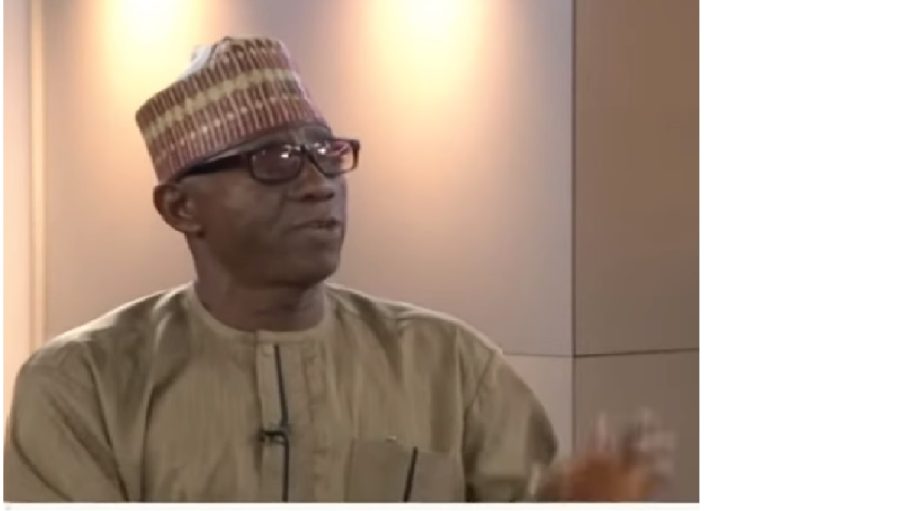
He maintained that if there was no metering gap, the Federal Government would not have been spending huge sums of money on electricity subsidy due to revenue shortfalls.
He cited countries in Africa like Zambia, Kenya, etc, that achieved almost 100 per cent metering of customers to guarantee revenue in their electricity sector.
“To guarantee revenue in the electricity sector, the metre is paramount. If you meter 100% like it’s done in Zambia, 100% like it’s done in Kenya; Kenya has 7% ATC&C losses, it reduces the revenue losses and shuts up your collection.”
“You can’t generate until distribution notches higher than generation. Until you can guarantee that what you generate, you can distribute and get your money, we are not going to get higher. What will help you do that is the metre.”
READ A;SP: Ikeja, Eko DisCos Begin Implementation Of Tariff Increase For Band A Customers
He criticised the NERC for coming up with policies but has no capacity to monitor implementation.
According to him, Nigerians were not being supplied electricity based on the committed service level.
Obonga also cited other challenges in the electricity sector such as the inability of the DisCos to distribute what is being generated to consumers, often leading to “load rejection.”
He maintained that the Federal Government shouldn’t have raised tariff but the DisCos should have optimised their revenue collection process through metering of consumers.
He added that whatever investment that the authorities want to make in the distribution sub-sector should be directed to metering of customers, arguing that if the metering level is raised to about 85 per cent, “electricity prices would drop sharply and the Federal Government wouldn’t be wasting much amount of money.”
Victor Ezeja is a passionate journalist with six years of experience writing on economy, politics and energy. He holds a Masters degree in Mass Communication.






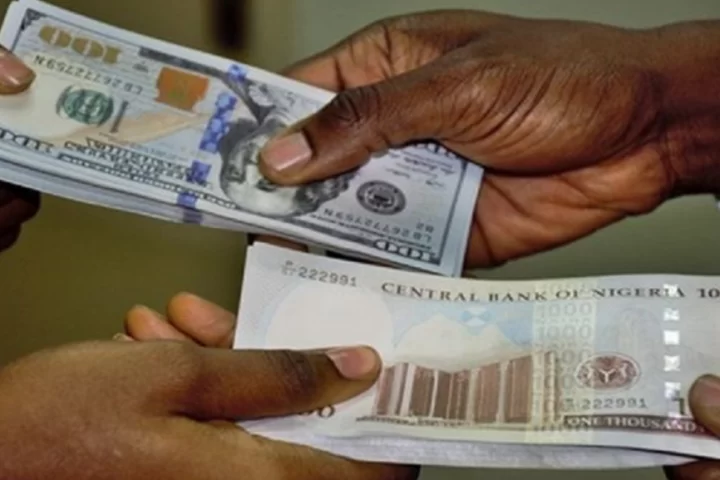




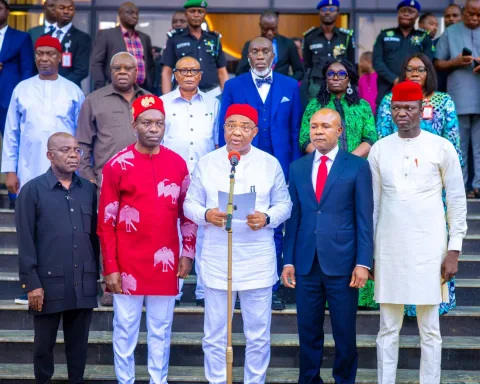



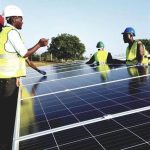
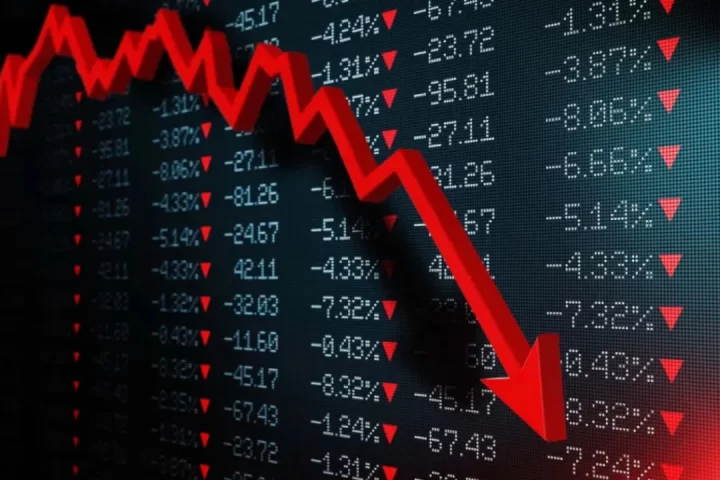
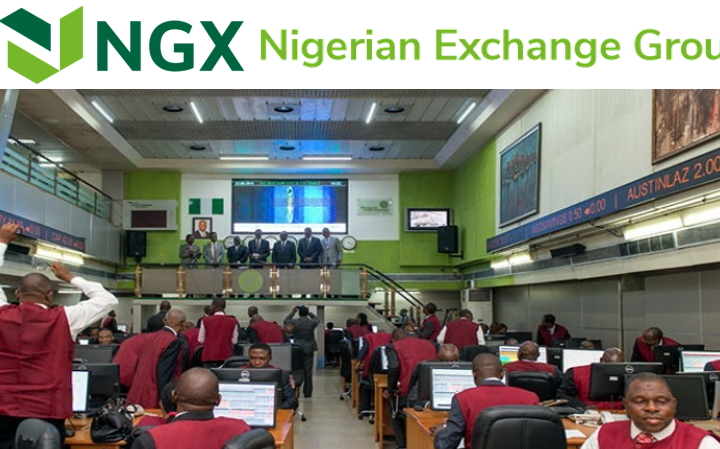
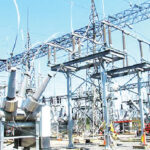
Follow Us